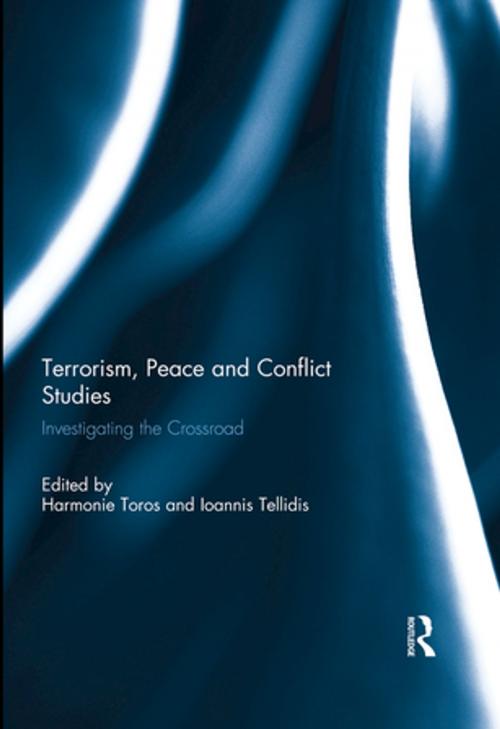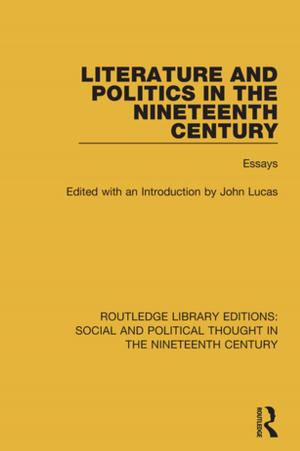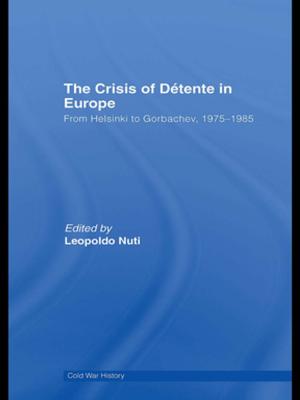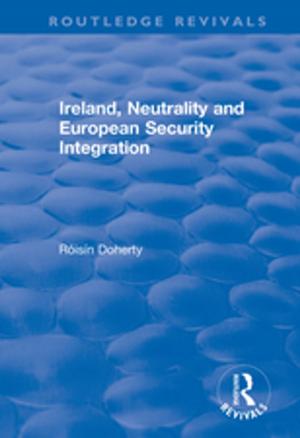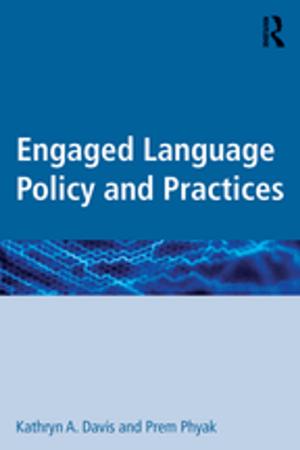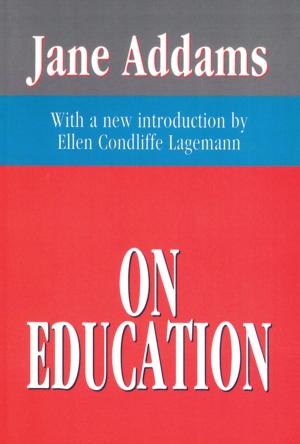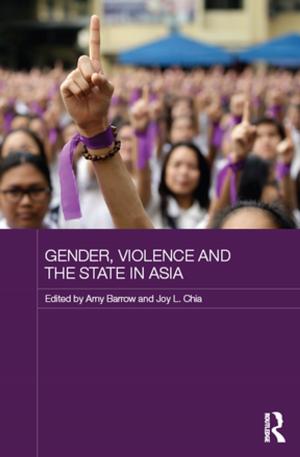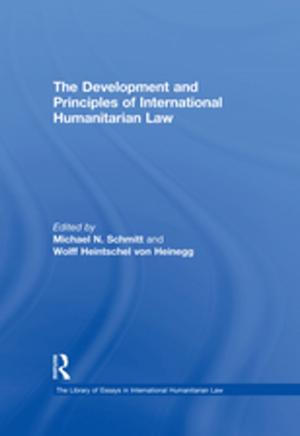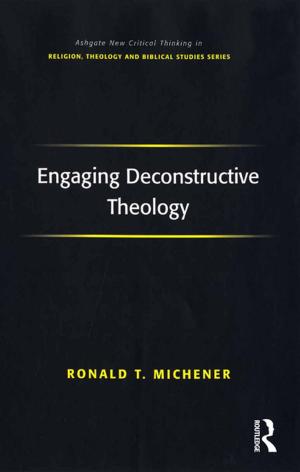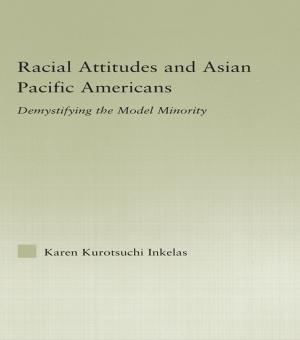Terrorism: Bridging the Gap with Peace and Conflict Studies
Investigating the Crossroad
Nonfiction, Social & Cultural Studies, Political Science| Author: | ISBN: | 9781317665588 | |
| Publisher: | Taylor and Francis | Publication: | January 8, 2016 |
| Imprint: | Routledge | Language: | English |
| Author: | |
| ISBN: | 9781317665588 |
| Publisher: | Taylor and Francis |
| Publication: | January 8, 2016 |
| Imprint: | Routledge |
| Language: | English |
This book opens up the discussion of the interrelation between terrorism studies, and peace and conflict studies. The aim is to examine the instances and circumstances under which both fields can benefit from each other. Even though it is often accepted that terrorism is a form of political violence, it is also quite frequent that research on the topic is dismissed when it is approached with conflict analysis frames. More importantly, policy approaches continue to inhibit, obstruct and reject frameworks that are concerned with the transformation and resolution of terrorist conflicts – partly because they see the state as the ultimate referent object to be secured. At the same time, peace and conflict studies seem to be excessively focused on problem-solving approaches, which overemphasise the role of parity during negotiations and misdiagnose the distribution of power both within conflicts as well as within conflict management, resolution and/or transformation approaches.
This book was published as a special issue of Critical Studies on Terrorism.
This book opens up the discussion of the interrelation between terrorism studies, and peace and conflict studies. The aim is to examine the instances and circumstances under which both fields can benefit from each other. Even though it is often accepted that terrorism is a form of political violence, it is also quite frequent that research on the topic is dismissed when it is approached with conflict analysis frames. More importantly, policy approaches continue to inhibit, obstruct and reject frameworks that are concerned with the transformation and resolution of terrorist conflicts – partly because they see the state as the ultimate referent object to be secured. At the same time, peace and conflict studies seem to be excessively focused on problem-solving approaches, which overemphasise the role of parity during negotiations and misdiagnose the distribution of power both within conflicts as well as within conflict management, resolution and/or transformation approaches.
This book was published as a special issue of Critical Studies on Terrorism.
